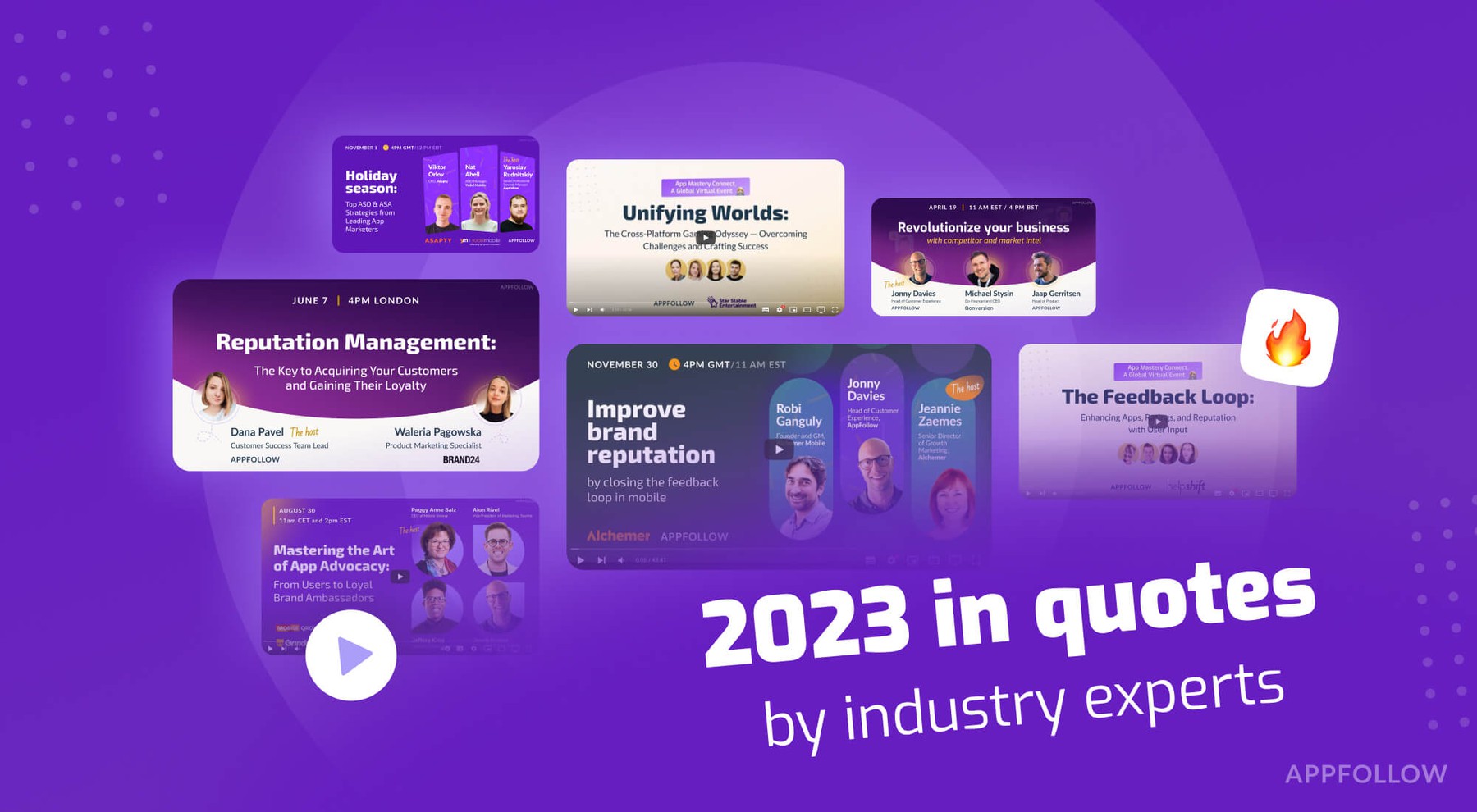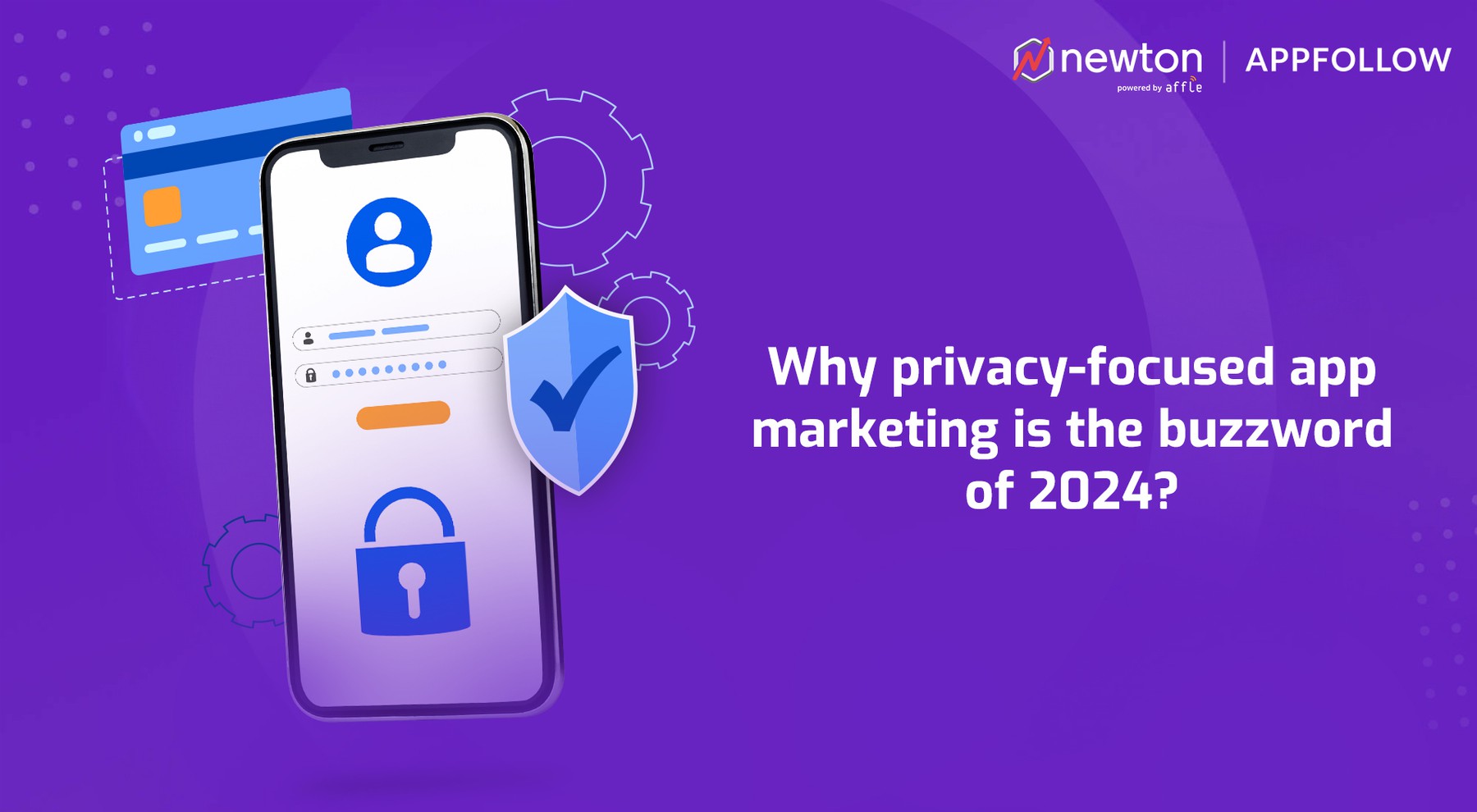How to establish an effective support strategy for finance apps

Table of Content:
Speed and quality of customer support can make or break your finance app. Customers now have a buffet of support options—chatbots, review section, phone, email, live chat—but fintech's booming growth means it's struggling to keep up on the support front.
Traditional banks had ages to perfect their support. Mobile banking and finance apps have only been a major player for a decade. The pressure is on to deliver top-notch customer support, pronto. After all, slow resolution times are a ticking time bomb—one bad move, and you're blasted on social media as a scam or worse.
Quick insight from our upcoming App Reputation Benchmarks report: business apps on the App Store have sentiment scores as low as 0.04%. Dozens of times lower than anything else. Maybe that is also related to slow response times—find out yourself.

Tough issue to solve, but not really. It can all be automated, at least where it matters. Why don’t we take a look at the important stuff?
Why fintech apps must have great customer service
Having fantastic customer support in fintech gives users the trust they get from old-school banks, because fintech's a battleground, and users couldn't be pickier. Skimp on a well-rounded customer success team early on—watch your churn, retention, engagement, and ARR tank. No trust in data and money handling equals no loyalty. Here’s the playbook:
- Be quick. People freak out when their app glitches. Waiting isn’t an option. They may be at a gas station with a long queue behind them.
- Pinpoint the problem fast. Tell users how to fix it or that you’re on it.
- Use smart tools like AppFollow to juggle complaints and fix stuff quicker.
- Drop a solid FAQ. Let people help themselves with pre-written help guides.
- Spot trends in screw-ups via reviews and clue in the product team. Fixing these cuts customer drop-off.
- Roll out the red carpet for the big spenders with personal account managers. Who doesn’t like a real person maintaining a bridge between them and a business?
- Obsess over data. Tracking how users interact with your app is great for smoothing out their problems.
Establishing reliable customer support
Getting the issue from the user's mouth to CS's ears matters users often can't get their point across to support agents. In the heat of the moment, they might:
- Muddle up the details
- Forget what went down
- Struggle with explaining in the right words
- Get too wound up
- Miss the tech speak to make their case
- Not want to share their screen because, hey, privacy
Sometimes, users aren't straight with you. They might forget about what they did right before an error popped up. They might stretch the truth on a credit card app, get denied, and then flip their story trying to game the system. Communication at all stages can, and will, solve this with utmost impunity.
Make a killer first impression
Forbes says you've got 7 seconds to impress. Miss it and you're toast. Edelman Trust Barometer throws in that 81% won't even touch your brand without trust. First impressions make or break for gaining customers.
Start strong: flaunt those reviews and ratings (and keep them high by engaging with customers and solving their issues with a 100% response rate or something similar), and make referrals your weapon. Your app and website—they better be easy on the eyes and a breeze to use. First impressions are your front line in winning trust on conversions.
Get your multichannel support strategy on point
Zendesk tells us nearly half of your buyers will need help post-purchase. Microsoft's got the receipts showing folks juggle 3-4 channels to air their gripes. Stick to one channel, and you're asking for trouble.
Let customers hit you up their way. Here's your starter pack:
- Live chat: because waiting is boring, you don’t need to register, and it’s on your website/app.
- Reviews in app stores: very easy to automate and directly affects your app rating (as people change their reviews after good communication).
- Chatbots: got a simple question? Let AI handle it. But make sure it knows when to tag in a human for the tough stuff.
- Email support: for the long-winded issues. It's the slow burn of support channels but gets the job done. Sometimes, the customers also like to maintain a certain audit trail with their issues, and emails are traditionally it.
- Social media: you’ll get comments everywhere. While social media might be more difficult to quantify and verify, it’s a tremendous channel to maintain a reputation in. If you manage, you win.
- Phone support: old school but gold for the heavy or hush-hush financial stuff. Keep it in the mix for those who want to hear a human voice. With finance, it’s inevitable.
Also, money never sleeps, and neither should your support. With people banking and trading 24/7, they expect help at 3 AM or PM. Being there all the time isn't just nice, it's necessary. That’s where certain automation like Auto-replies or chatbots will come in handy.
Mix it up and let customers come at you from all angles.
It’s all about self-service
People love solving their own problems without bugging you. Boost that vibe with self-help options that actually work. It's a win-win: they get the fix they need, and your support crew gets a break. Hello, productivity and props for your brand.
Try that with:
- FAQs: the quick fix for common headaches.
- Tutorials: no-nonsense guides for everything.
- Video demos: show, don't tell, how to navigate your fintech app.
- Knowledge bases: the encyclopedia of everything your users might ask.
- Community forums: where users help users.
Interactions must be personalized
Cookie-cutter support doesn't cut it. People want to feel like you get them, especially when you're messing with their money. Customizing the hell out of your support opens the door to sell them more stuff they actually need because you've got the scoop on their cash.
Plus, when you know a customer's backstory, solving their problems gets a whole lot faster. AppFollow's review automation and tagging will help you greatly with this. No more generic fixes; you're hitting them with the good stuff right out of the gate.
Bank on data gathering
Use data right, and you'll leave your rivals in the dust.
With data, you're basically reading your customers' minds—predicting what they'll do or need next. Got a problem—data points you to a fix, fast, by clueing you in on a customer's past chats. Plus, it's great for figuring out what makes your users tick or ticked off, so you can tweak your services.
How to hoard this treasure:
- Whip out CRM systems to keep tabs on all the chit-chat
- Get down with data analytics tools to analyze customer behaviors
- Throw out surveys to hear it straight from the horse's mouth
- Watch those transactions like a hawk for a chance to personalize
- Eavesdrop on social media
Boom. Do these, and you're basically printing new customers.
signup_boosting
Got a KYC process? Improve.
'Know your customer' (KYC) is the gatekeeper against fraud in fintech, but let's face it—it's a pain that can turn into a major roadblock. More than half the users trying to get into digital banking bail before they're done because it's a marathon of forms and docs that feels like pulling teeth.
They're bailing not because they want to, but because the process is a hot mess. They start, get sidetracked hunting down a passport, or just plain give up. Here’s why:
- Users blitz through, missing required info.
- The app's biometric checks are glitchy as hell.
- For facial recognition, folks aren't even sure where to look or how to pose.
- Instructions for snapping a pic? Might as well be in ancient Greek.
- Uploading IDs is like navigating a maze.
The fix—listen to reviews and the support teams
The mess starts with design and ends with customer support mopping up. But what if support had a say in the design? Right now, product decisions are locked up with the product team, and design is all about user needs—not the cries for help customer support hears every day. That's why you need to get more reviews and increase customer trust. So!
It's time to bridge that gap. Let the support team throw in their two cents to make onboarding less of a nightmare and more of a welcome mat. You will gain valuable insights that will help you fix all of these things, and you will end up with happy customers.
Afterword
Fintech apps are a tough customer for many—pun intended. Make use of what the users are saying in the review sections, socials, and other channels. Drive down the response rate to absolute nothing, and see how your app reputation climbs to the coveted 4.5-star rating. AppFollow will be there for you to guide the way, just ask.
FAQ
What is the best way to automate responding to fintech app reviews?
With AppFollow’s help, you can utilize pre-made templates and AI to respond to reviews en masse. That way you can provide personalized responses in any app store and build a strong connection with your customers.
What channels are used for fintech app support?
Live chat, chatbots, social media, emails, and the app stores’ review section are primary channels for a fintech app support staff to use. That’s where you can find user feedback and engage with it.
How important is self-service for fintech apps?
Having self-help materials such as FAQs, help articles, and tutorials help users answer their own queries without having to contact your support team. The better the materials, the happier are the customers and your own support agents.
Read also
- Ever wished you could know exactly what people think about your brand? These online reputation monitoring software options have got you covered.







